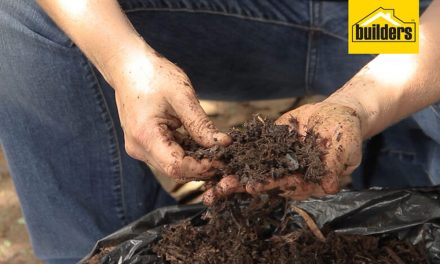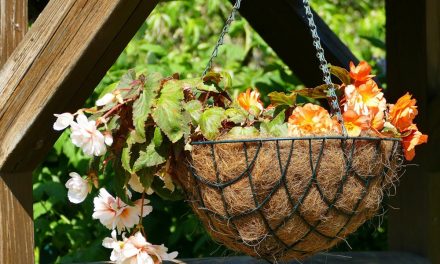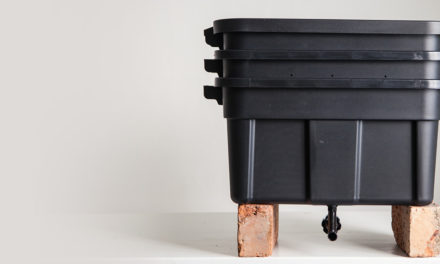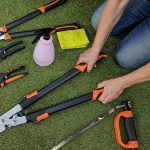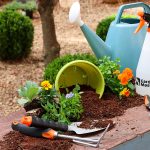The sap flow in plants is decreasing rapidly and most plants are growing slowly.
Luckily the 21 of June is already the winter solstice, with the shortest day and longest night of the year.
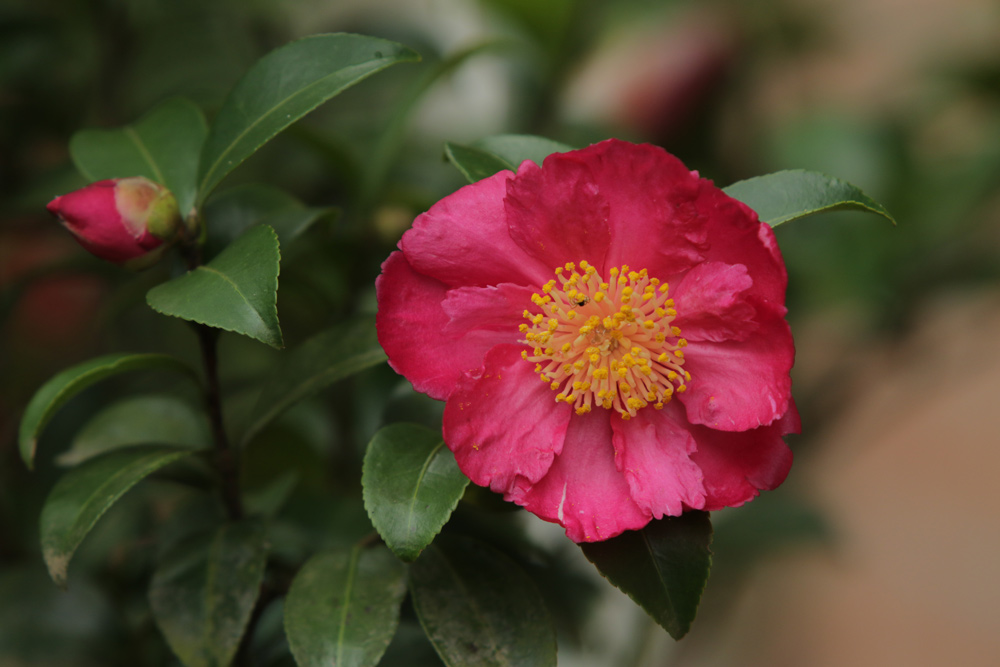
Prepare your garden for Spring
After the solstice, the season starts turning back towards summer, spring approaches and sap flow increases. So if you are wondering what to do with your weekend, take your family to the nearest nursery and buy everything you could possibly need to brighten up your garden for spring.
Camellias and Azaleas flower beautifully during winter, so it’s important to water them regularly. Be careful of too much water though, or the flower heads will drop. These plants need acidic soil and enough nutrients, so we suggest fertilising these plants with an appropriate fertiliser.
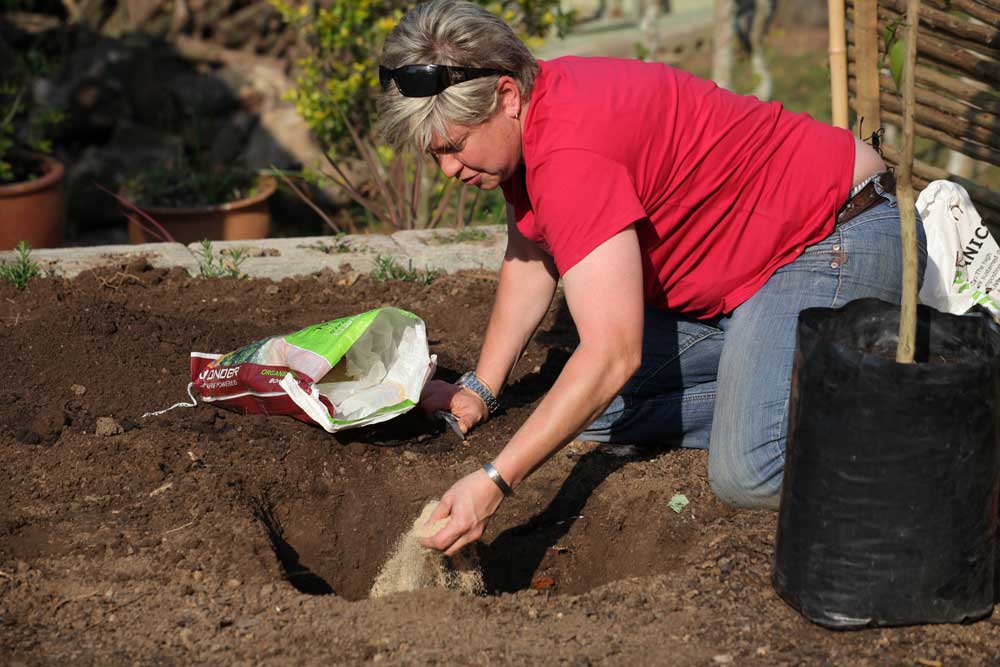
Change your garden in Winter
Winter is the time to make any planned changes in your garden, especially if you’re looking to plant a few new fruit trees. Start by preparing the holes properly – dig the hole nice and deep, and make sure it is large enough. Water the hole well and add compost as well as some guano pellets to the soil that you are going to use to fill the hole. After planting, fill the hole to plant height but don’t get rid of the leftover soil – rather keep it for another day.
June is also a good time to move trees in your garden. Prepare the holes in the same way you did for your new fruit trees. Remember to not remove too much of the soil around the roots when removing the tree. Plant the trees at the same depth as they were to minimise strain on the tree.
June is also the ideal time to get rid of unwanted trees in your garden. Cut the tree to knee height and treat the stump with a systemic herbicide to prevent the tree from sprouting new branches.
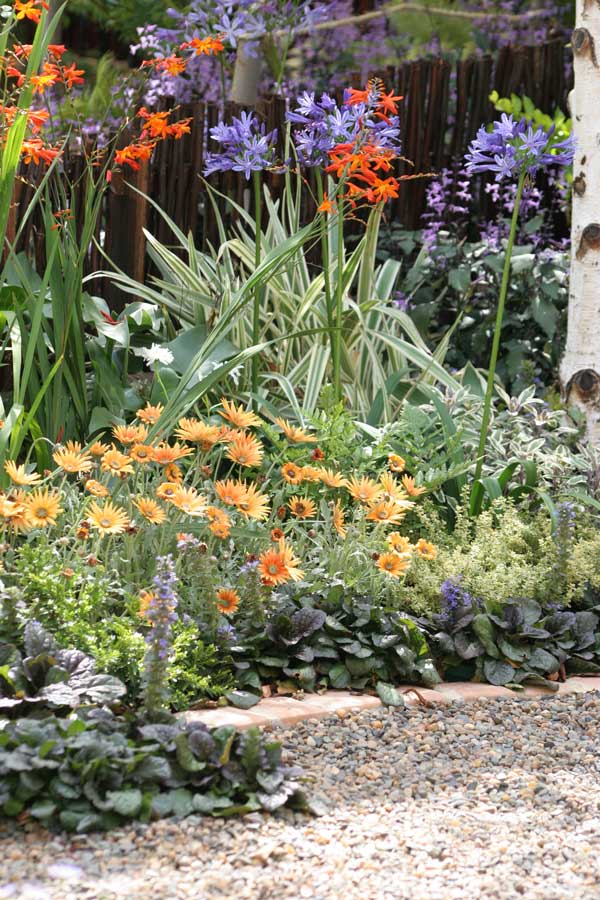
Get rid of pests
There are still many busy bugs in your garden. Italian Cypress aphids flourish in the cold, so if you have not yet treated your Cypress trees it’s time to do so with an appropriate systemic insecticide. Remember that the damage caused by these critters is only visible in the spring. Aphids and Scale are still rife when it comes to our succulents, which should be treated with a recommended aphid and scale insecticide that will sort out the issue systemically.
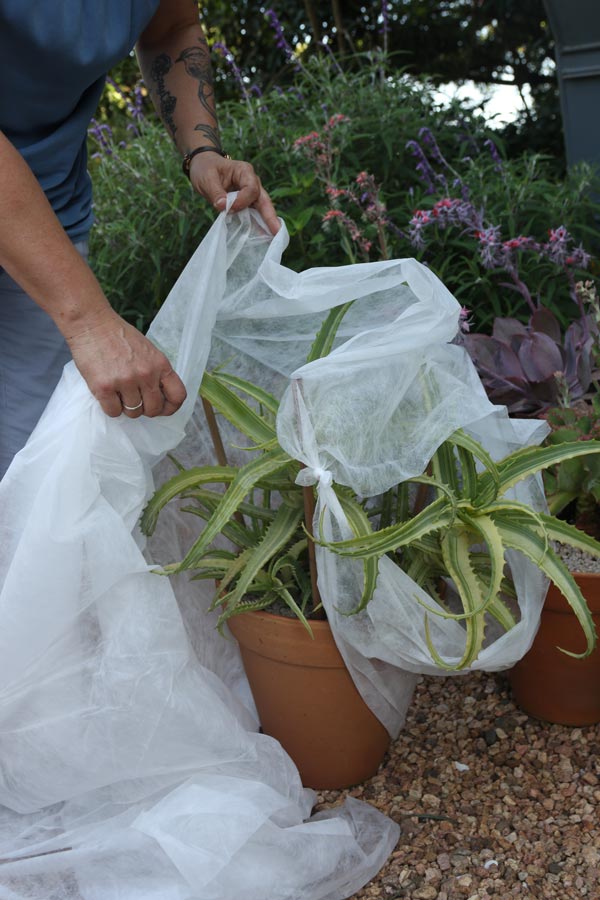
Pruning and frost-care
When it comes to pruning, you are allowed to start sharpening and cleaning your secateurs but please refrain from going cut-crazy. A warm spell during winter can encourage plants to sprout, and new growth can still be damaged by the cold.
To protect your sensitive plants from winter cold, cover them with frost-cover for those chilly winter nights. Feed your whole garden with an organic fertiliser to strengthen the cell walls in the plants, which will help protect them from winter chill.
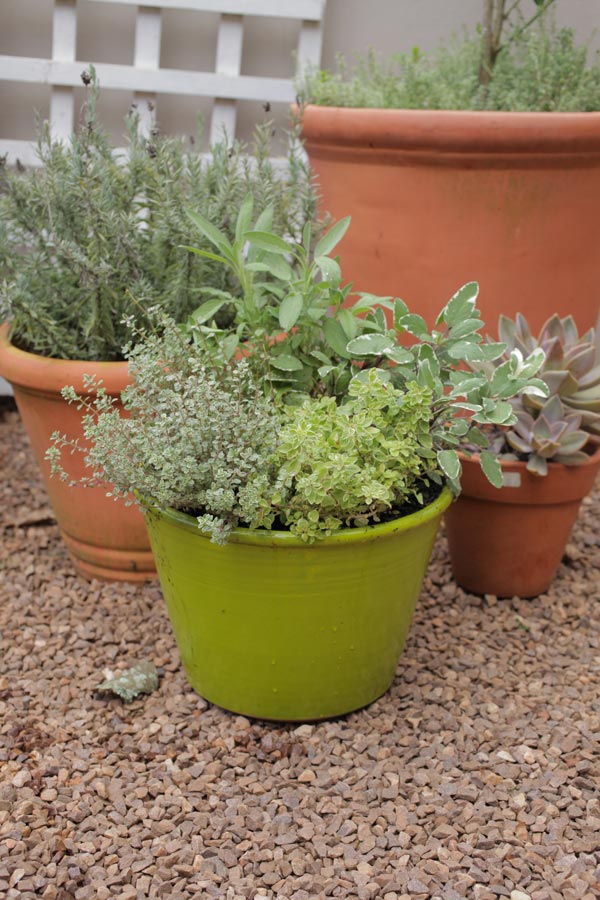
Potted plants in Winter
Pot plants must not be placed too close to windows, especially in the shade. Rather move them to a nice sunny spot and fertilise them with an organic, slow-release fertiliser. Remember that heaters in the home will dry out the air, so pot plants will need more watering.

